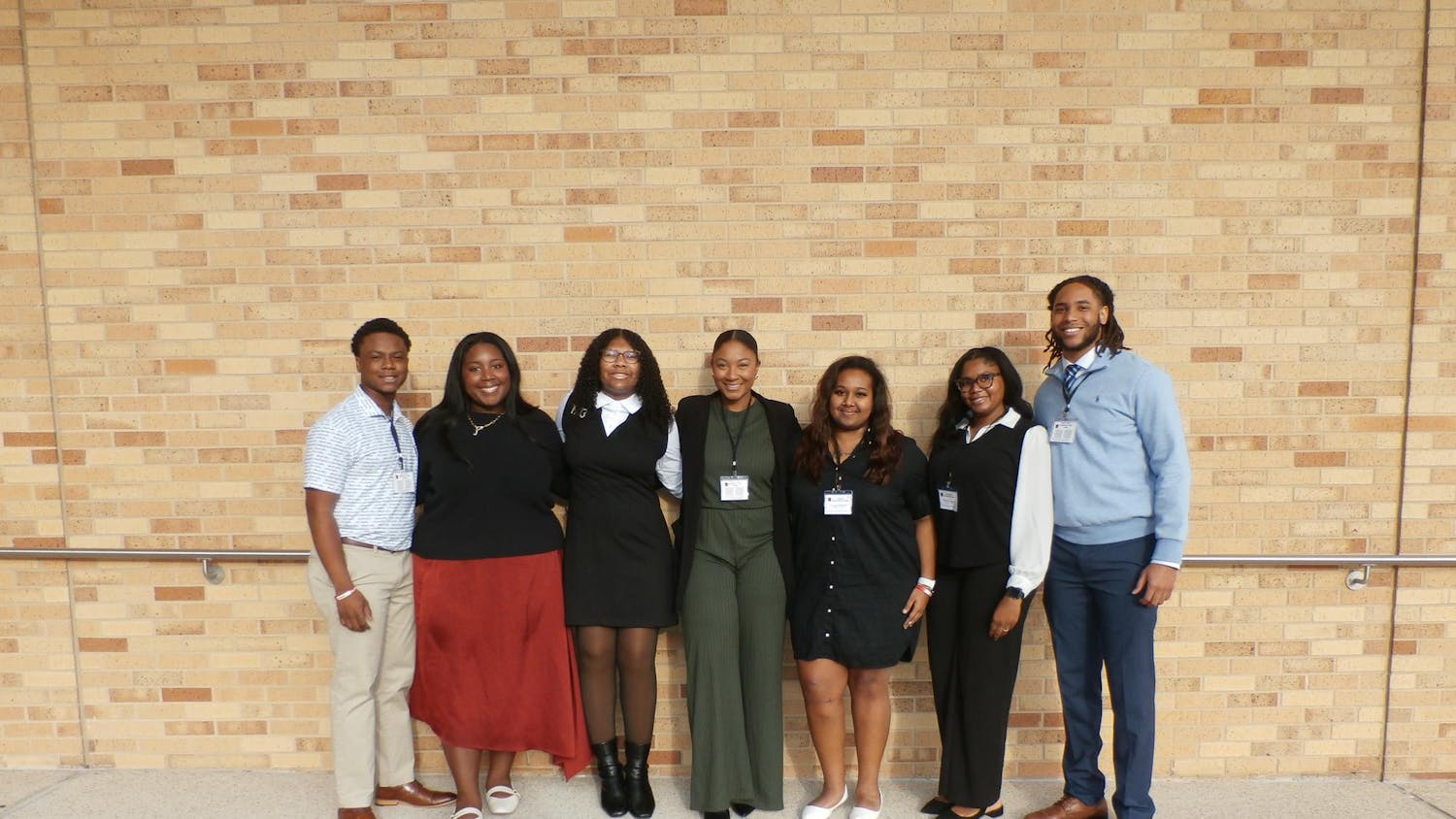Feed the hungry. Serve the poor. It's all too easy to become immune to the call for good deeds in a starving world.
But for 16 students currently enrolled in the Hunger Studies Capstone course, they are living this reality one class at a time.
"When you think of hunger you always think of little starving kids in Africa, but through our class I've had the opportunity to volunteer in this community working with the hungry poor," said Lindsey Gillen, junior in psychology. "I just decided it was much more my issue than I ever knew."
The course has two main components, an in-depth research project and continuing the Campus Kitchens project, said Katie Brock, fourth-year Auburn professor and one of the course leaders.
"It's not just me downloading information on them," Brock said. "It's them actively pursuing the journey we're on together."
The Campus Kitchens project sends students to dining halls and local restaurants to recycle untouched food that will be thrown out at the end of the day, converting these donations into healthy and nourishing meals for the hungry.
Campus Kitchens is currently located on 28 campuses across the nation.
Last year's Hunger Studies Capstone brought it to Auburn.
"This class is going to try to put meat on the bones of the organization and really make it a sustainable presence on our campus," Brock said.
To further bring the project to life in Auburn, the class has split into groups such as business, public relations and distribution sites.
"Our biggest focus right now is to find more places, especially in better areas where more people can come," said Tess Burford, junior in rehabilitation services and member of the distribution sites group.
The group's first main site is Auburn United Methodist Church's Food Pantry, where church volunteers serve meals every Friday.
"You are given so much responsibility and have the opportunity to learn by being exposed to things by developing your own opinions about them," Gillen said.
Douglas Coutts, Auburn's distinguished visiting professor, is credited with developing the course. Coutts has more than 23 years experience working with the United Nation's World Food Programme.
"The professors leave it open for you to form your own opinions and come up with your own experiences, but they have so much background knowledge that it is just a very educational and well-rounded experience," Gillen said.
The Hunger Studies Capstone class is one of the requirements for the hunger studies minor.
"The goal of hunger studies here on this campus is to show students that whatever their chosen field is, with the hunger minor they can impact change in the world," Brock said.
Gillen and Burford both plan on completing the minor.
Burford plans on taking her hunger background to foreign countries while also using her degree in rehabilitation services to bring prostheses for amputees.
Do you like this story? The Plainsman doesn't accept money from tuition or student fees, and we don't charge a subscription fee. But you can donate to support The Plainsman.




